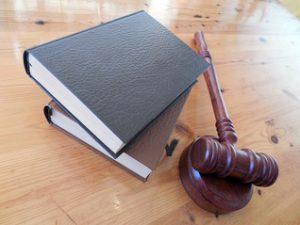Appealing an Order
Once a Court Order is made (either at an Interim or Final Hearing) if one of the parties is dissatisfied with the decision, they can Appeal, and try and set aside the decision. An Appeal is not a rehearing of the matter (not hearing all the evidence again) but it requires the Appeal Court to be convinced that the Trial Judge made an appealable error. The Appeal Court must be persuaded that the Trial Judge:
- Applied a wrong principle of law; or
- Made a finding of fact on an important issue which could not be supported by the evidence; or
- Exercised his or her discretion to arrive at a decision which was clearly wrong.
A Notice of an Appeal must be lodged within 28 days of an Order being made. It is possible to apply for leave to Appeal ‘out of time’, although there is no guarantee the court will grant such leave. The relevant factors the court will consider in granting leave include:
- The length of the delay;
- The reasons for the delay;
- Any disadvantage it has caused the other party;
- The merits of the proposed appeal; and
- The overall justice of the case.
Filing an Appeal does not automatically affect the Orders made by the Judge. This means that both parties must obey the orders, even if an Appeal has been filed. If a party wishes to stop the operation of the court order until the Appeal is decided, that party must make an Application before the trial judge seeking a ‘stay of the order’. An Application to Stay an Order can only be filed after the Appeal has been filed.
If you find yourself in a situation where you need to file for an Appeal and require the assistance of an Accredited Specialist in Family Law, please contact our office on 07 3221 4300 and make an appointment to speak to one of our specialists.







